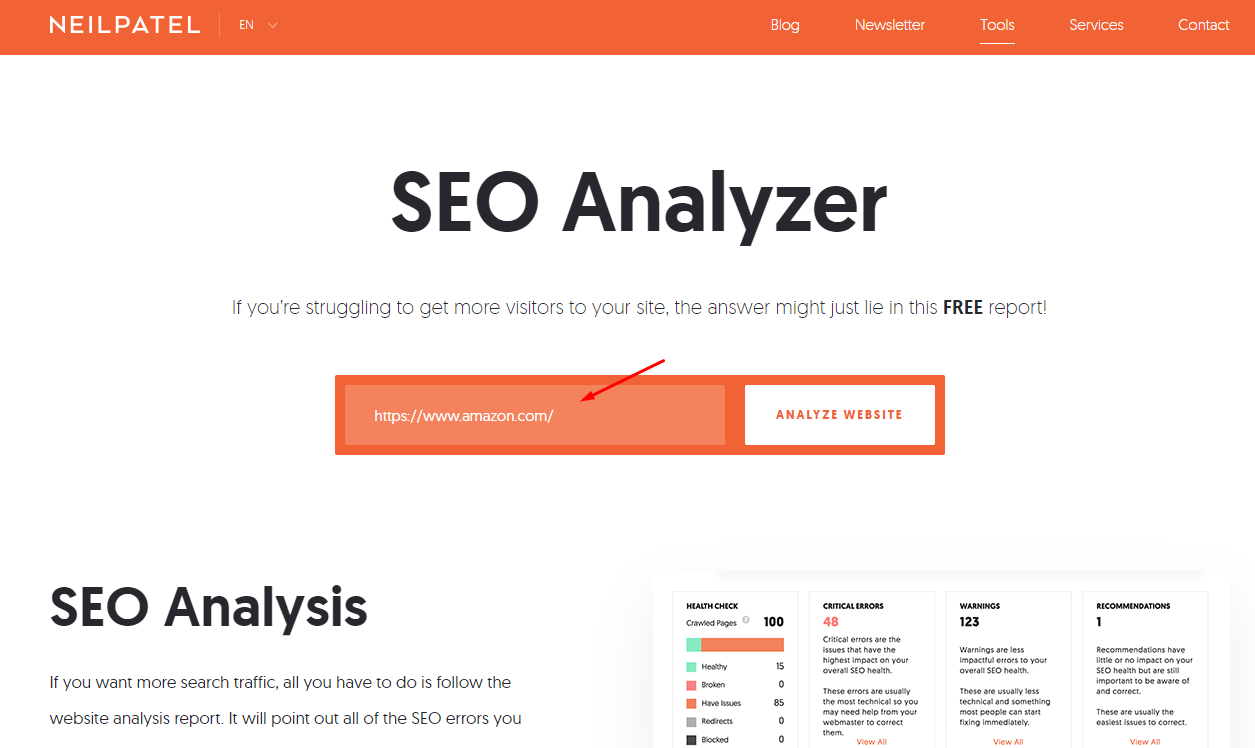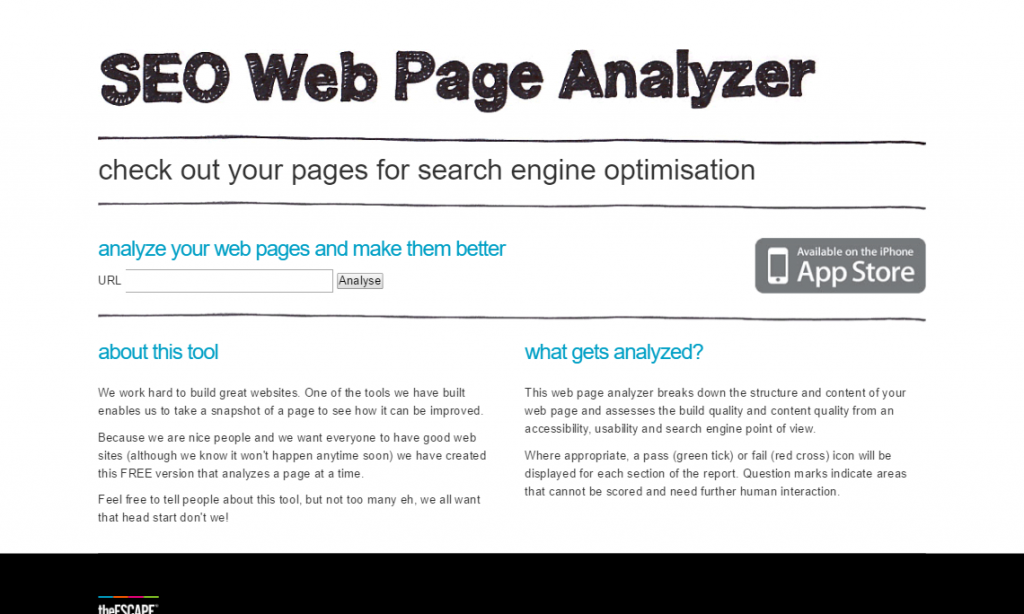


Today, though, search engines have grown exponentially more sophisticated. User experience was secondary simply making sure search engines found keywords and ranked a site as relevant for those terms was at the heart of on-site SEO practices.

Historically, whether or not a page ranked for a given term hinged on using the right keywords in certain, expected places on a website in order for search engines to find and understand what that webpage's content was about. To understand why keywords are no longer at the center of on-site SEO, it's important to remember what those terms actually are: content topics. In the past, on-site SEO has been synonymous with keyword use - and specifically, including a high-value keyword in several key locations on a website. Find that page useful and worthy of ranking well on a search engine results page (SERP).a particular keyword or set of keywords) Identify that page as relevant to a search query or queries (i.e.

The ultimate goal of on-site SEO can be thought of as attempting to make it as easy as possible for both search engines and users to: In essence, good on-site SEO helps search engines understand what a human would see (and what value they would get) if they visited a page, so that search engines can reliably serve up what human visitors would consider high-quality content about a particular search query (keyword). On-site SEO refers to optimizing both the content and HTML source code of a page.īoth on-site and off-site SEO form two of the basics of Search Engine Optimization when trying to rank your site.īeyond helping search engines interpret page content, proper on-site SEO also helps users quickly and clearly understand what a page is about and whether it addresses their search query. On-site SEO (also known as on-page SEO) is the practice of optimizing elements on a website (as opposed to links elsewhere on the Internet and other external signals collectively known as " off-site SEO") in order to rank higher and earn more relevant traffic from search engines.


 0 kommentar(er)
0 kommentar(er)
